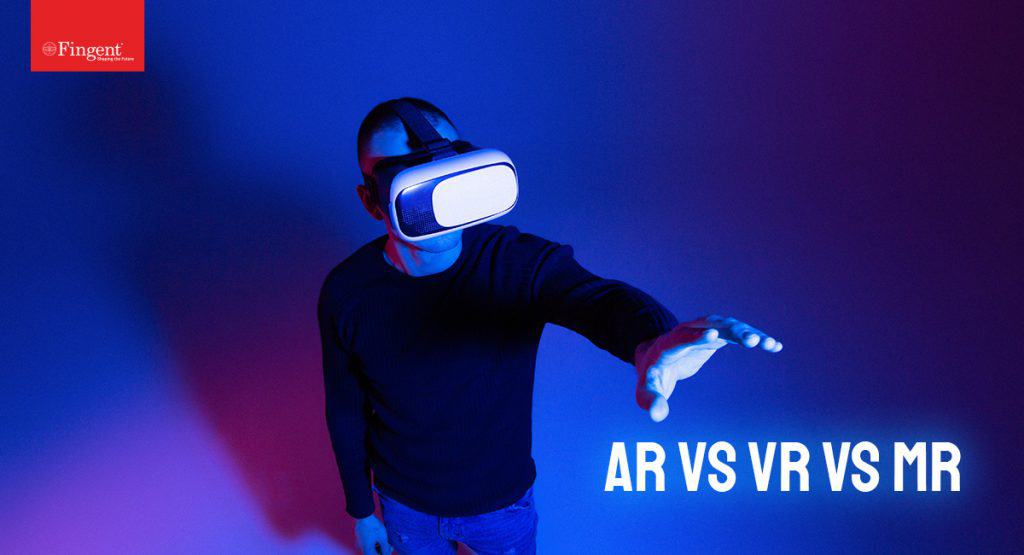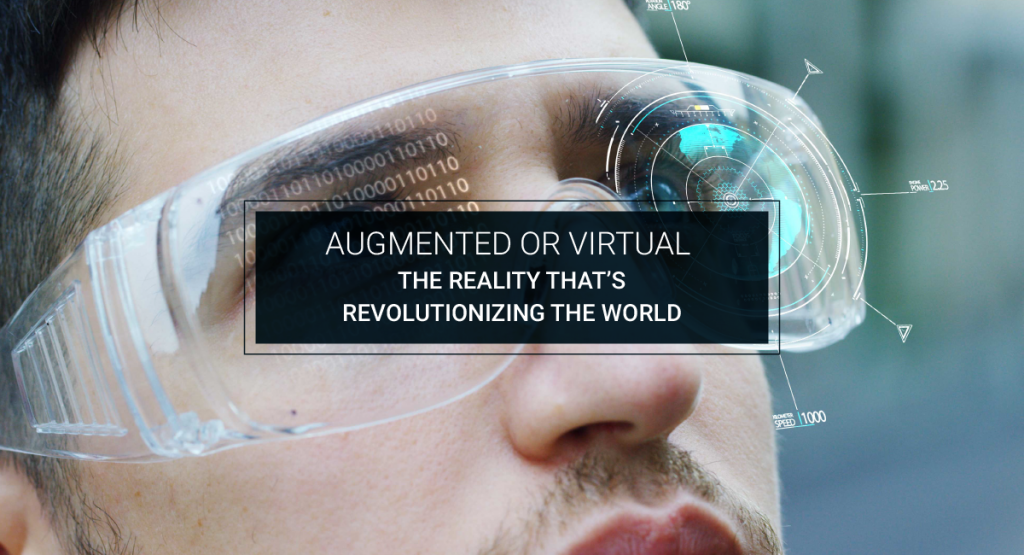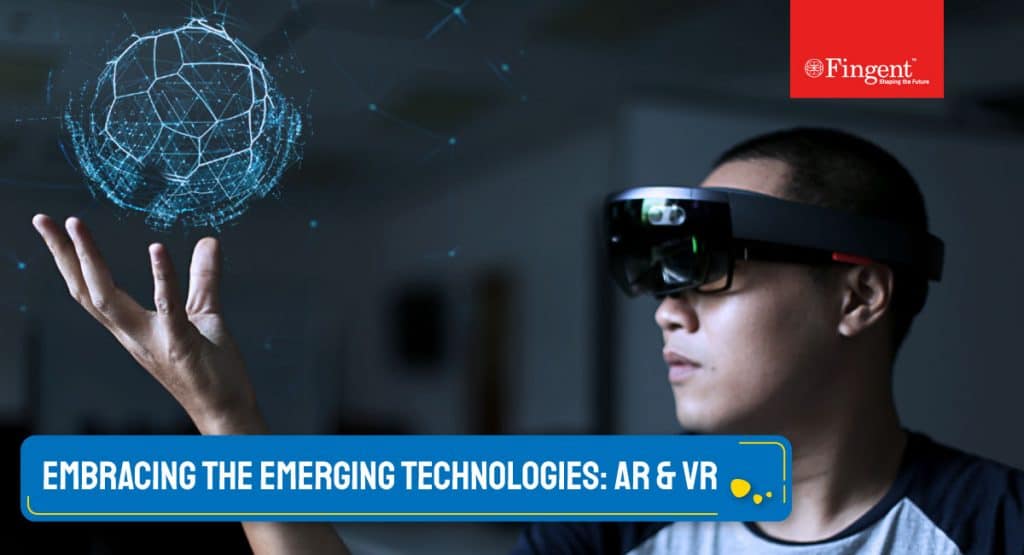Extended Reality: 6 Ways It Is Improving Customer Experience and Helping Brands Grow!
Extended Reality (XR), is an umbrella term that encompasses immersive technologies – AR, VR, and MR that merge the physical and virtual worlds. While XR technologies are still widely used for gaming, social media and entertainment, it is being implemented extensively in industries and supplementing humans in unimaginable ways. Experts believe that the XR market will grow from 33.0 billion dollars in 2021 to 125.2 billion dollars by 2026, at a CAGR of 30.6%. This blog will take you through the top 6 reasons why your business needs to implement the rising capabilities of Extended Reality!
What is Extended Reality?
When put simply, XR is reality tech that covers VR, AR, and MR to extend reality by merging the real and virtual worlds. Here’s a quick look at what VR, AR, and MR are!
- Augmented Reality(AR): AR connects the physical environment with the virtual world through tablets, smartphones, smart lenses, and AR glasses to augment real-life scenarios.
- Virtual Reality (VR): This technology merges the physical environment with the digital one to create a whole new virtual world. Virtual Reality headsets and head-mounted displays help provide immersive experiences of the digital world.
- Mixed Reality(MR): With the help of MR headsets, mixed reality brings together the virtual and the physical environments to deliver unique experiences.
The term Extended Reality first popped up in the 1960s, when Charles Wyckoff filed a patent for his silver-halide XR film. The film was intended for photographing bright light events such as nuclear explosions. More recently, XR has moved into the mainstream with a few enterprises leveraging it to launch applications aimed at extending the customer experience.
Read more: Augmented Reality, Virtual Reality, and Mixed Reality Detailed with Real-life Examples
Industries Transformed by Extended Reality
AR, VR, and MR are developing at a rapid rate and transforming the way businesses are operating, communicating, and collaborating. Here are some of the business industries that have undergone a drastic change with these technologies.
- Marketing and advertising
- Healthcare
- Education and training
- Manufacturing and engineering
- Real estate
- Retail
- Gaming
- Art
XR offers endless possibilities and so any field can benefit by leveraging XR into their business processes.
Reasons Why You Need to Leverage XR Technologies for Your Business
1. Cultivates brand awareness
With changing customer demands and fierce competition, it is getting difficult to attract potential customers. Simply launching new products and services is not enough if you want to grow your business.
XR technology helps deliver a unique experience for users, foster consumer loyalty, and build brand awareness. For example, Gucci offers AR-fueled apparel and accessories try-on app that encourages users to try their accessories before buying thereby providing a stand-alone experience for users.
XR technology not only helps capture the attention of your customers but also promotes a positive experience with the brand.
2. Better customer experience
Customer experience is important for the success of any marketing strategy. XR’s ability to deliver immersive experiences will help you connect with your customers better and establish deeper emotional connections. XR helps transport your customers to different places and even attend live events without leaving the comfort of their homes.
L’Oreal leveraged AR technology to help their customers ‘try’ skincare products before buying and saw its conversion rate triple.
Read more: How Is Extended Reality (XR) Impacting Customer Behavior
3. Increases customer engagement
As per a report by Deloitte, 90% of the companies are implementing AR and VR technology in their business. Another report reveals that 40% of customers are willing to pay more if they can experience it through Augmented Reality technology. Yet another report reveals that 58% of customers are more likely to buy a product if they have tried it out.
These statistics suggest that extended reality technology must be implemented in your business if you want to grow. XR allows customers to get detailed information and visualization about the products and services. It enables them to try out various products in various combinations and even test patterns and colors before purchasing them.
With XR technology, brands can increase engagement rate significantly and attract more customers and also provide them with a positive experience.
Read more: Augmented Reality Vs Virtual Reality – The Future Technology
4. Offers convenience
There’s no denying that online shopping is convenient and now with the pandemic forcing people to stay indoors most of the time, it is only becoming more popular. XR helps brands improve the shopping experience and also makes it less time-consuming. It helps consumers find what they are looking for faster and eliminate uncertainty from purchase decisions.
IKEA, for example, allows consumers to use their Place app and place a piece of furniture in their home using their phone. This improves the level of convenience, delivers a better customer experience, and eliminates any uncertainty before purchase.
5. Smarter Libraries
Data is the key to thrive today’s digital era. XR technologies place data in the context such that users can get better results.
For instance, you can use smart glasses to get a visual walkthrough to understand the true impact of the data collected instead of poring through spreadsheets and dashboard metrics for hours. XR technologies can help you make better and informed business decisions.
6. Create positive associations
Extended Reality provides brands with endless opportunities to create and implement emotional campaigns for their products. Based on the visual cues you include in your brand campaigns, you could encourage consumers to conclude your brand’s qualities.
XR helps connect with your audience in a way that activates their emotions and thus helps build a positive brand association. This will ensure consumers prefer your brand over others and establish loyalty. North Face, for example, launched an immersive VR experience of the Nepal landscape to its customers to identify with the brand’s identity.
Read more: Accelerating AR/VR Adoption Among Customers
Takeaway
Today, customers expect an intuitive experience from their brands and XR is becoming the new form of a conversation between brands and customers. Using immersive technologies, enterprises can nurture a culture of digital transformation and increase efficiency and profitability in the digital space.
Driven by immersive technologies, we at Fingent top software development company, can help your brand increase awareness, engagement, and conversion. We have systems in place to help support large-scale communication. If you have a project in mind, we can help convert it to reality. Call us today!
Stay up to date on what's new

Recommended Posts
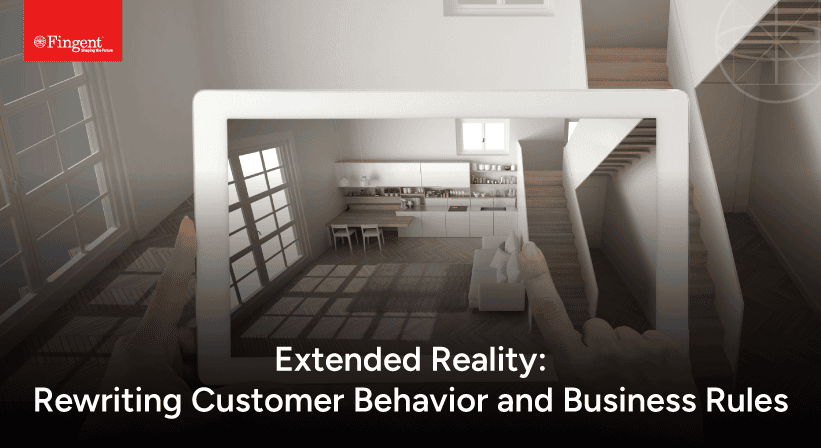
20 Mar 2024 B2B
How Is Extended Reality (XR) Impacting Customer Behavior
Extended Reality (XR) is not a technological marvel. It's a force that is reshaping how we interact with the world. This blog will help you discover how XR catalyzes the……
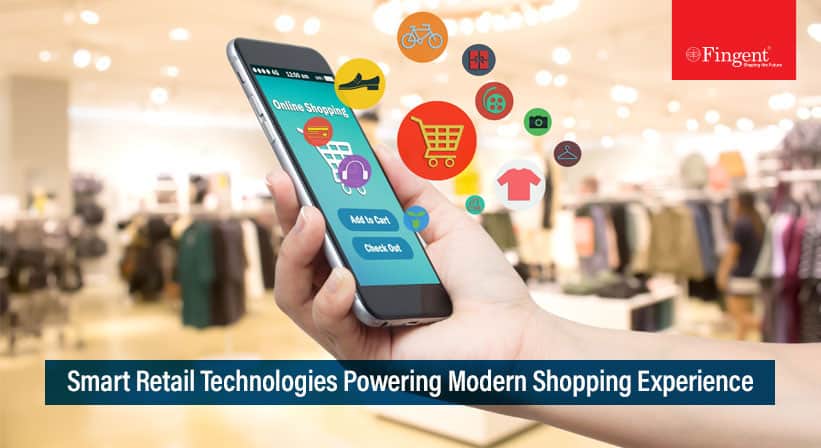
24 Oct 2023 Retail B2B
Explore Innovative Business Possibilities with Smart Retail Technologies
Our digital era is a whirlwind of change, with technology driving transformation at breakneck speed. It's not just about adopting new gadgets; it's about recognizing technology's influence on consumer interactions.……
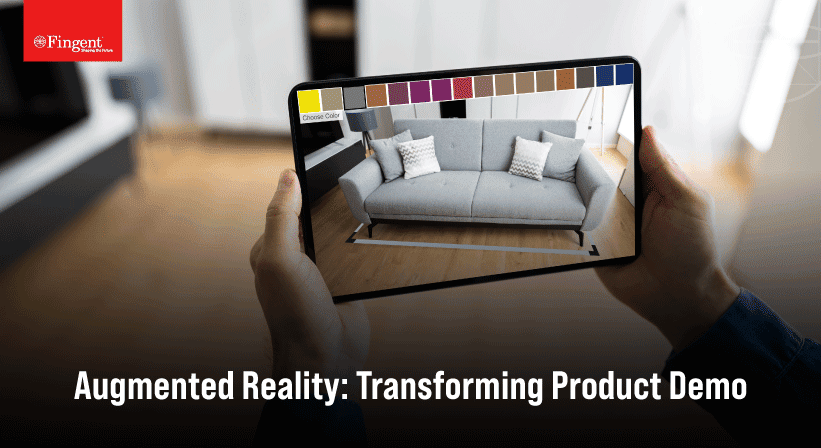
04 Aug 2023 B2B
Augmented Reality: Taking Product Demos To A Whole New Level!
In the fast-paced world of business, where attention spans are shrinking and competition is fierce, a successful product launch can make all the difference. You've invested countless hours refining your……

30 Jul 2023 B2B
SAP Customer Experience: Creating Seamless Omni-Channel Experiences
Businesses find themselves at a critical juncture as customer expectations soar and their loyalty hangs by a thread. The key to captivating and retaining customers lies in mastering the art……
Featured Blogs
Stay up to date on
what's new



